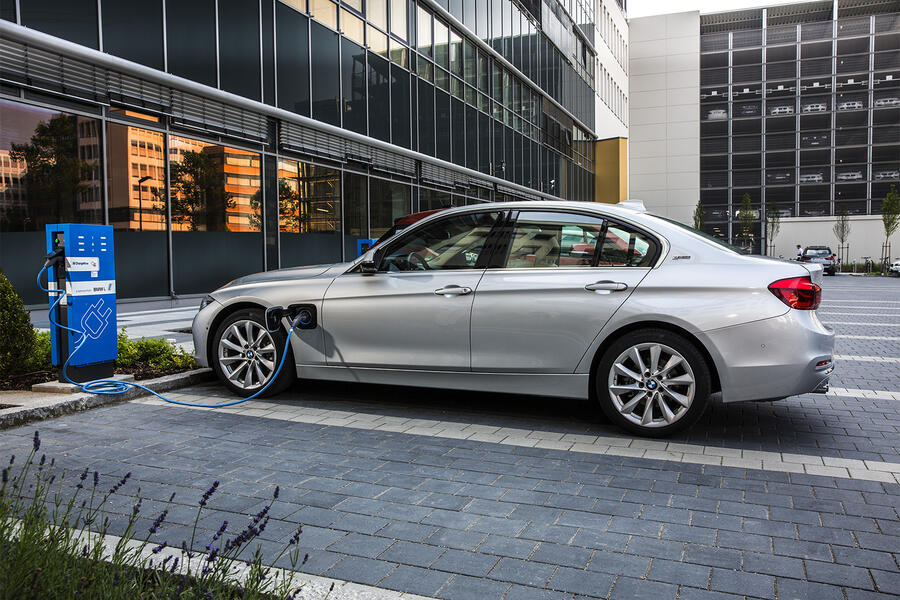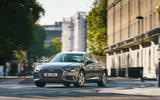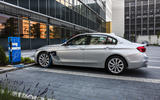Company cars have always been widely seen as status symbols. Whether you’re a high-flying executive or a salesperson who spends hours trawling up and down Britain’s motorways, the company’s list of available cars is always pored over in detail, balancing costs with desirability.
However, the outbreak of Covid-19 shook the company car industry almost overnight. With the government’s ‘stay at home’ messages, the need to travel for work just hasn’t been there and online meetings have replaced almost all face-to-face interactions, leading many businesses to suspend leases in order to save money.
“Company car policies shut down because people were furloughed and firms were unsure what was going to happen to their businesses. At the peak of lockdown one, 70% of our corporate customers had put their policies on hold,” Rob East, BMW’s general manager for corporate sales, told Autocar.
However, he added that, since then, his order rate “is back to, if not slightly beyond” where it was before the first lockdown occurred, suggesting that businesses aren’t about to cast the company car aside in favour of video conferences.
East credits the rise in demand to the generous incentive that are currently on offer if employees choose an electric company car. Do so in the 2021/22 financial year and your car will fall into the 1% benefit-in-kind (BIK) tax bracket; in comparison, the BMW 320d diesel saloon, which officially emits 123g/km of CO2, will fall into the 28% tax bracket.
“The interesting trend is that we’re seeing people returning to company cars if they can choose either a plug-in hybrid or an electric vehicle,” said East. “This is someone saying ‘I recognise I can take an EV, pay 1% BIK and not have the hassle of operating my own car’.
“We’re seeing a migration of people coming back into company cars and we’re seeing positive trends. We’re predicting that over the next three or four years, there may be growth in the marketplace.”
The fleet industry has been through a difficult few years. The introduction of the WLTP testing regime raised official CO2 emissions and thus tipped cars into higher BIK brackets, while diesels have been hit with a 4% tax levy since April 2018. As a result, fewer people have been paying BIK (see chart below), instead opting to take a monthly cash allowance.
“Fleet operators went through a phase of complete uncertainty from a BIK perspective, so it was really hard for them to advise their drivers on what route to go down,” East explained.

Although it isn’t yet clear what long-term working patterns will emerge after the pandemic, East said that he’s already seeing a shift in buying behaviour from fleets.
“The switch to electrification is happening quicker than the industry predicted, and that’s Covid-related. People have a very different working pattern: they’re not going into the office five days a week, and therefore an EV can work well, whereas 12 to 18 months ago, their mileage profile prohibited it. The level of acceptability of EVs is rising exponentially.”






Add your comment